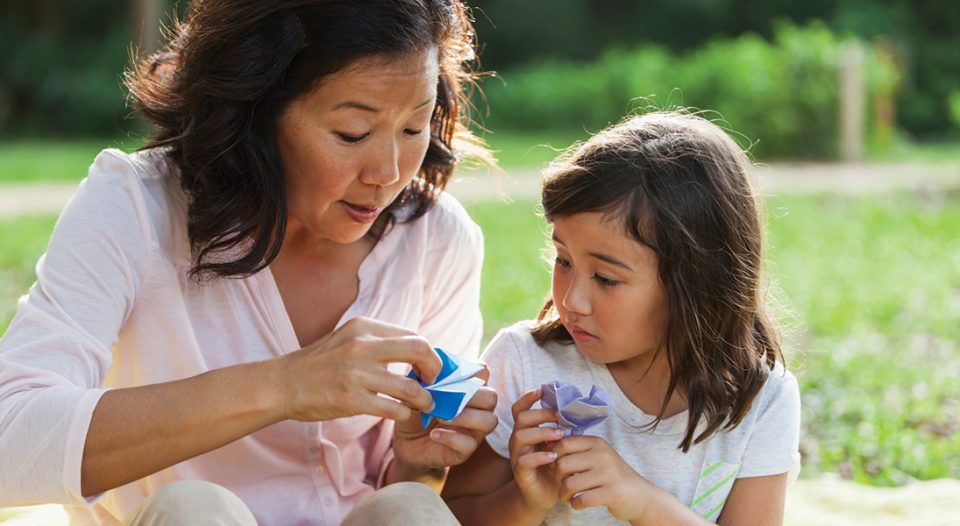There are so many things that are hard to talk about with children. Their questions never end, no matter how hard we try to put them off. And sometimes our answers can be unclear: “How are babies made?” “Well, an egg and a sperm combine to make a new being.” This answer might confuse a 4-year-old momentarily, until she gets distracted by some easier topic, for instance: “What happens when we die?”
More harmful perhaps are the ways in which we hide things from our children, often with good intentions. Aunt Etna is taking a walk—not smoking; grandpa sneaks candy—between meals; mama looks at Facebook—insisting she is doing work. Arguably none of these actions are terrible unless they are being done in secret because, more often than not, kids notice. They notice everything.
Often these “secrets” become a type of bondage for adults and children. When we caretakers obscure the truth, it teaches our children that adults disguise their secret habits with misdirection and outright lies. Why wouldn’t our children do the same?
Questions are hard, knowing what to say when, at what age. One of the best challenges in families with multiple children is explaining touchy topics to a variety of cognitive abilities at the same time. Yet our faith challenges us to consider a different way, to walk in front of our children in the glare of their light and be prepared to explain our actions. If not, can we turn away from the things that enslave us to keep our children free?
Practices
As a caretaker and role model, do your best to model openness and honesty and don’t worry that you’re going to screw it all up with some horrible slip of the tongue. Our faith teaches us that, as both sinners and saints, sometimes we will mess up. Thanks be to God for grace.
Travel daily with your children through the world and try to explain, over and over again, how and why everything is the way it is—or at least the way it is at that moment. You’ll get many chances to try again on every subject.
In parenting, God calls us into a straightforward two-step dance of honest speech and action. Being straightforward is good because with children the music and style changes at a moment’s notice. If you can at least produce those two steps consistently you might have a chance to keep on dancing with them.
If you can stay engaged with them and they learn to trust you, before you can blink your children will have opinions on how the world works that are often more enlightening than your own.





